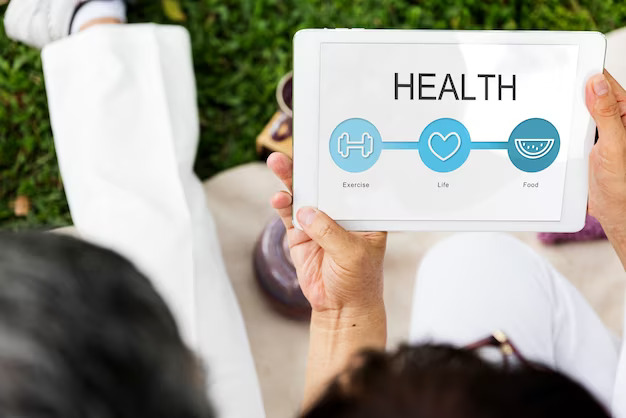“Fueling Your Fitness: Nutrition Tips For Exercise Performance.”

Proper nutrition plays a crucial role in fueling your fitness and maximizing exercise performance. Here are some nutrition tips to help you optimize your workouts:
Stay hydrated: Adequate hydration is essential for optimal exercise performance. Drink water before, during, and after your workouts to maintain proper hydration levels. For intense or prolonged exercise, consider sports drinks to replenish electrolytes.
Eat a balanced diet: Consume a well-balanced diet that includes carbohydrates, proteins, and healthy fats. Carbohydrates provide energy for workouts, proteins support muscle repair and growth, and fats provide sustained energy. Include a variety of fruits, vegetables, whole grains, lean proteins, and healthy fats in your meals.
Time your meals and snacks: Plan your meals and snacks around your workouts. Eat a balanced meal containing carbohydrates and proteins about 2-3 hours before exercise. For quick energy, have a small snack that is easily digestible, such as a piece of fruit or a protein shake, 30-60 minutes before your workout. Refuel with a combination of carbohydrates and proteins within 30 minutes of finishing your workout to aid in muscle recovery.
Prioritize carbohydrates: Carbohydrates are the primary fuel source for exercise. Include complex carbohydrates like whole grains, brown rice, quinoa, and sweet potatoes in your meals to provide sustained energy. For longer endurance workouts, consider consuming easily digestible carbohydrates during exercise, such as energy gels or sports drinks.
Include quality proteins: Proteins are essential for muscle repair and growth. Consume lean sources of protein like chicken, turkey, fish, tofu, beans, and Greek yogurt. Aim to distribute your protein intake evenly throughout the day, including in your post-workout meal or snack.
Don’t neglect healthy fats: Incorporate healthy fats into your diet, such as avocados, nuts, seeds, and olive oil. They provide energy and support overall health. However, be mindful of portion sizes, as fats are calorie-dense.
Pay attention to micronutrients: Ensure you’re getting adequate vitamins and minerals through a varied diet. Fruits, vegetables, and whole grains are excellent sources of micronutrients that support overall health and exercise performance.
Fuel during longer workouts: For prolonged or intense exercise lasting more than 60 minutes, consider consuming carbohydrates during your workout to maintain energy levels. Energy gels, sports drinks, or easily digestible snacks like bananas or granola bars can be beneficial.
Recovery nutrition: Proper post-workout nutrition is crucial for muscle recovery. Include carbohydrates and proteins in your post-workout meal or snack to replenish glycogen stores and promote muscle repair. Chocolate milk, a protein shake, or a combination of lean protein and carbohydrates are good options.
Listen to your body: Everyone’s nutritional needs and tolerances are unique. Pay attention to how different foods and eating patterns affect your energy levels and exercise performance. Experiment with different approaches to find what works best for you.
Consider supplementation: Depending on your specific needs and dietary restrictions, you may benefit from certain supplements. Consult with a healthcare professional or dietitian to determine if supplements such as vitamins, minerals, or protein powders are necessary for you.
Rest and recovery: Remember that nutrition is just one aspect of exercise performance. Give your body adequate rest and recovery time to optimize your results. Prioritize sleep, manage stress, and listen to your body’s signals for rest and recovery.
By following these nutrition tips, you can fuel your fitness, enhance exercise performance, and support your overall health and well-being. Remember, nutrition should be personalized, so consider consulting with a dietitian for tailored advice based on your specific goals and needs.




